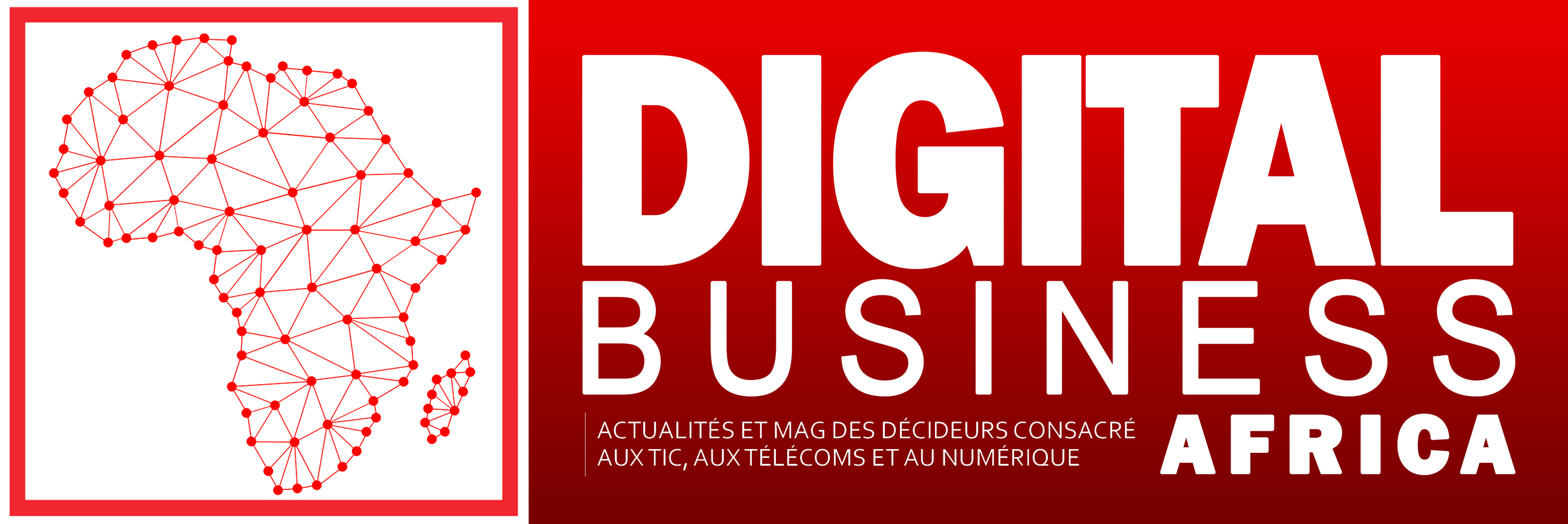[Digital Business Africa – Experts] – By raising standards for efficiency, trust, and integrity of data, blockchain looks set to upend traditional enterprise finance in coming years. Below, we explore the potential of blockchain for finance and look at some of the enterprise market’s early movers, including a fully end-to-end digital letter of credit.
Financial transactions across the world today are becoming more efficient thanks to decentralization and peer-to-peer interchanges, made possible by blockchain and distributed ledger technologies. By design, these technologies have proved very effective in simplifying traditional transaction processes and enabling instant payment solutions globally.
What is cryptocurrency?
A cryptocurrency, such as Bitcoin, is a decentralized digital currency that is based on blockchain technology. Unlike fiat money which is a currency declared legal by a central government and is backed by said issuer, cryptocurrency is not backed by any central authority. Through distributed ledger technology that can record and synchronize electronic ledgers across multiple computers (known as nodes) globally, rather than a central database, cryptocurrencies also eliminate the need for intermediaries and their related costs.
Although blockchain evolved with smart contracts several years ago, opening the door for blockchain to be deployed across a wider variety of industries, banks and financial sectors still represent by far the highest share of blockchain deployments today, mainly for clearing settlements, cross-border payments, and digital identity management. According to a report by Jupiter Research, blockchain deployments will enable banks to realize savings on cross-border settlement transactions of up to USD 27 billion by the end of 2030 – reducing costs by more than 11 percent.
What is decentralized finance?
Decentralized finance, also known as DeFi, is the umbrella term used for peer-to-peer financial services by using blockchain technology. This makes it an alternative financial system that can compete with centralized services in terms of accessibility, resilience, and transparency in a peer-to-peer fashion.
Here are some of the key characteristics of decentralized finance:
- Asset management: This is considered one of the most useful DeFi applications for users. A key aspect of DeFi is to give users control in areas such as purchasing, selling, and transferring digital assets. As a direct result, consumers are the sole custodian of their data and can earn interest handling their digital assets.
- Data privacy: In contrast to traditional centralized banking systems, DeFi enables users to keep their sensitive data private.
- Know-your-customer and compliance: Traditionally, know-your-customer (KYC) rules are a company’s most important compliance instrument for securing counter-terrorist financing (CFT) measures and anti-money laundering (AML), where privacy plays a key and sensitive role between the players. DeFi uses the know-your-transaction (KYT) method where the decentralized infrastructure provides knowledge on transactional behaviors and digital addresses, rather than the users’ identities.
- Data and analytics: DeFi applications show unprecedented transparency for transactional data, which enables data analysis, discovery, and untapped decision-making opportunities. The growing popularity of these applications is leading to the development of dashboards and tools to assess risks, track asset value, and compare them for the liquidity process.
Benefit of Enterprise Blockchain for finance
Dedicated blockchain enterprise platforms have the potential to change how businesses operate globally, with the ability to create bridges based on transparency, security and trust with other companies, industries and economies across the globe.
Here are some of the benefits that blockchain can bring to today’s businesses and their value chains:
- Trust and transparency with respect to privacy: The shared and immutable source of truth enables all parties in a business network to collaborate, reach agreements and manage selective data, while maintaining integrity and confidentiality.
- Security: There is no single point of failure due to its distributed architecture, reducing the need for data intermediaries. It is tamper-proof against fraud and malicious third parties, making it practically impossible to manipulate or hack.
- Business logic programmability through smart contracts: Blockchain technology supports business logic implementation and automation through programming code, validating each step of the business process with accuracy, security, and step-by-step control.
- High performance: The modern private blockchain platforms are engineered to sustain hundreds of transactions per second as well as periodic surges in network activity.
Enterprise Blockchain use cases for finance
Many businesses have explored the advantages of blockchain for years. However, even though the technological underpinnings have untapped transformational potential, most businesses are still in the testing phase and have not yet rolled out any production-ready solutions.
Ericsson is among the first enterprises to forge blockchain capabilities in its core business and has already adopted the technology in select processes. Just like how Enterprise Resource Planning (ERP) burst efficiency through integrating internal business processes within a company context back in the ‘90s, we are now revolutionizing ways of working by adopting blockchain technology to integrate business processes between enterprises, suppliers, third parties and customers.
Here are two blockchain use cases which are transforming transactional processes across our value chain today:
1. Trade finance: Blockchain technology and Letters of Credit

Global trade can be a complicated process when importers and exporters from various part of the world need transaction verifications before they can complete the trade finance transaction. Blockchain speeds up the process by giving all parties access to documents and records as soon as they process them.
Expanding the footprint of blockchain in finance, Ericsson is in the frontier to adopt a digitized, trustworthy, and fully traceable Letter of Credit (LoC) process streamlined to the trade finance activities. The solution enables real-time visibility and reduction of manual paperwork while improving traceability, efficiency in handovers of assets or goods, as well as reducing working capital levels.

Above: Blockchain technology in letter of credit transactions is based on an application using blockchain to link banks and corporates for an end-to-end digital letter of credit, without relying on other systems.
International transactions are part of the daily operations at Ericsson. However, the nature of these transactions can be highly complex due to the multiple parties involved and the varying geographical locations. To safeguard the execution of commercial agreements, securing payments and correctly transferring ownership of underlying goods, an LoC is used in such transactions.

Traditionally, the issuance of an LoC often relies heavily on manual paperwork and requires negotiations and iterations by all parties, resulting in time-consuming and tedious processes with low visibility and traceability. By implementing blockchain technology, Ericsson is part of the early development of a digitized LoC, which is streamlined to the trade activities and allows immutable and transparent records of critical transactions and real-time visibility.
The aim is to build a future digital Trade Finance connecting the entire eco system between all parties – Ericsson, the customer, the issuing bank, and the nominated bank. Building on blockchain and an existing global trade finance together with smart contracts and digital signatures, the LoC can virtually be approved and traced across all parties, securing the processing with speed and simplicity.
2. Venus – Intercompany invoicing
In 2020, Ericsson embedded blockchain in its enterprise landscape as the first blockchain use case went into full production for intercompany invoicing. Venus – the internal name of the solution, inspired by the Greek goddess of beauty – is the first blockchain platform within the Ericsson enterprise landscape.
Venus is part of an intercompany digital transformation project, adopting blockchain technology in the non-sales order related (N-SOR) invoicing process.
The solution supports financial processes worldwide, covering more than 180 countries in which Ericsson operates. Massive post-reconciliation efforts are prevented since blockchain allows for mitigation of potential issues upfront, rather than addressing them reactively. As a result, this has yielded process quality improvements and a factor ten improvement in lead time.

Above: Blockchain platform and the Venus solution enables real-time validation of invoices against purchase orders, as well as increasing tractability by eliminating manual steps in non-sales order processes.
What next?
Blockchain has the potential to reshape financial processes – reducing cost and increasing control benefits. It is a new catalyst to improve from order to cash to procure-to-pay, accounts receivable, accounts payable, general ledger, reconciliation, and even payroll.
Through blockchain technology, Ericsson is working intensively to improve financial processes by increasing efficiency, reducing reconciliation and generating new revenue streams both across our own value chain and for our customers.
Written By :
Head of Blockchain Business Development

Head of Trade Finance

Senior Trade Finance Advisor

Senior Trade Finance Advisor






